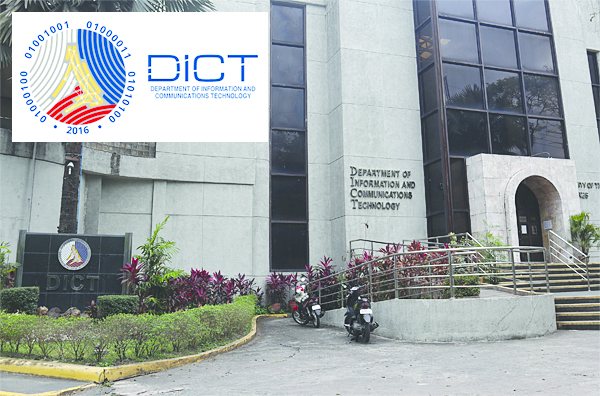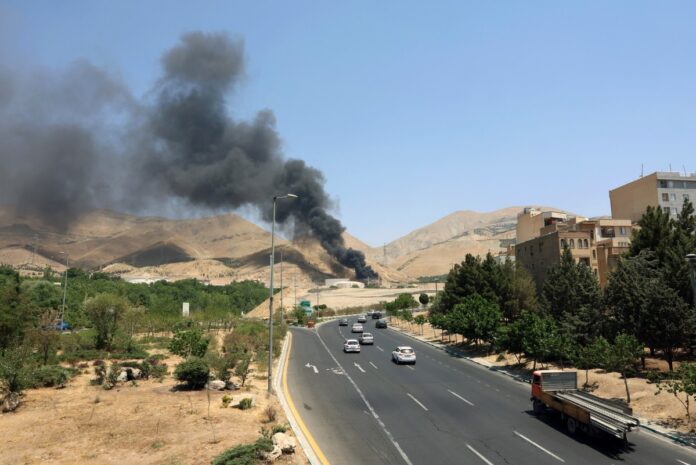The Department of Information and Communications Technology (DICT) aims to halve broadband internet costs in the Philippines before the end of the Marcos administration.
“Our goal is to reduce internet costs by 30 percent to 50 percent within the next three years,” DICT Secretary Henry Aguda said during the EJAP Infrastructure Forum.
Aguda said increased competition, alongside facility sharing and the Konektadong Pinoy Act, will drive down internet costs in the Philippines.
“When President Ferdinand R. Marcos Jr. issued a clear and urgent directive to the Department of Information and Communications Technology (DICT): ‘Fix the connectivity problem, once and for all, for every Filipino — especially the underserved’ — the DICT acted with speed and resolve,” Aguda said.
“We went straight to work — because every Filipino, whether in Batanes or Tawi-Tawi, deserves to be connected,” he said.
In his first 90 days as DICT secretary, Aguda oversaw significant strides, including the activation of 18,849 free Wi-Fi sites nationwide (6,183 in Geographically Isolated and Disadvantaged Areas or GIDAs), the completion of 3,026 kilometers of the National Fiber Backbone connecting 20 provinces and over 1,000 government agencies with high-speed internet, and the passage of the Konektadong Pinoy Act and E-Governance Act, fostering a more affordable, inclusive and responsive digital ecosystem.
“These are not ceremonial accomplishments,” Aguda said.
“They are deliberate, people-first responses to the President’s call for action — and the people are already feeling the impact,” he said.
Aguda also said DICT is spending P9 billion over the next three years to roll out free Wi-Fi nationwide.
Moving forward, Aguda said the agency will focus on connecting all of the 10,875 underserved barangays by 2028, holding telecommunications companies accountable and ensuring that every household benefits from stronger, cheaper and more secure digital access.








